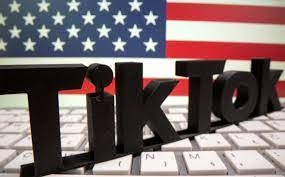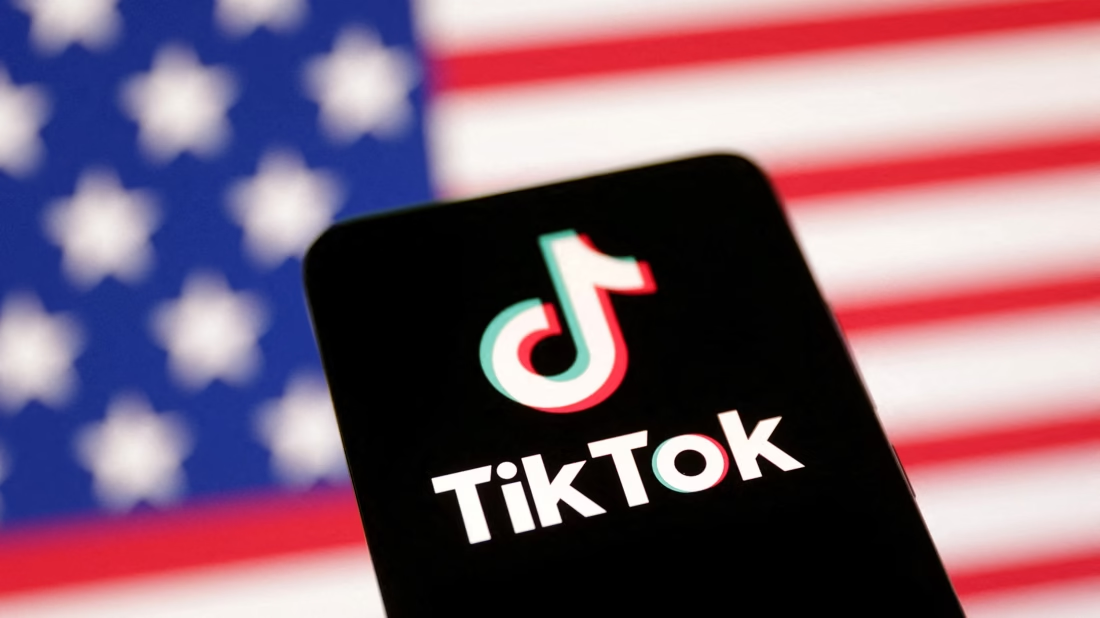TikTok is on the brink of being banned in the United States after a federal appeals court upheld a law requiring its Chinese parent company, ByteDance, to divest from the app by January 19, 2025. This decision escalates tensions between the U.S. and China and comes as Donald Trump prepares to return to office on January 20.
Key Developments:
- Court Ruling:
A three-judge panel unanimously ruled that requiring ByteDance to sell TikTok is necessary to protect U.S. national security. The judges argued that the law is the least restrictive measure to address concerns of data privacy and propaganda dissemination. - TikTok’s Appeal to Supreme Court:
TikTok announced plans to appeal to the Supreme Court, citing free speech protections. The company argues that banning the app would infringe on the rights of its 170 million U.S. users. - Trump’s Reversal:
Despite previously seeking to ban TikTok during his first term, Trump has recently opposed the move. This shift aligns with his broader criticism of Meta (owned by Mark Zuckerberg) for allegedly suppressing conservative content. Additionally, Trump’s ties to Republican donor Jeff Yass, who has investments in ByteDance, may influence his stance. - National Security Concerns:
The U.S. government alleges TikTok poses security risks by potentially allowing Beijing access to user data and spreading propaganda. ByteDance and China strongly deny these allegations. - Impact on the Digital Landscape:
A ban could significantly alter the social media ecosystem in the U.S.:- Winners: Platforms like Meta (Instagram and Facebook), YouTube, and Snap could benefit from displaced users and advertisers.
- Losers: Content creators, small businesses, and TikTok’s growing e-commerce ventures would face disruptions.
What’s Next?
- Supreme Court Decision: The highest court may choose to review the case or let the lower court’s decision stand.
- Trump’s Influence: If Trump takes office on January 20, he could potentially intervene, though his stance remains unpredictable.
- Divestment Deadline: If ByteDance doesn’t sell TikTok by January 19, the app faces removal from U.S. app stores and hosting services.
This escalating conflict highlights the intersection of technology, national security, and geopolitics, with implications for the future of digital free speech and U.S.-China relations.



